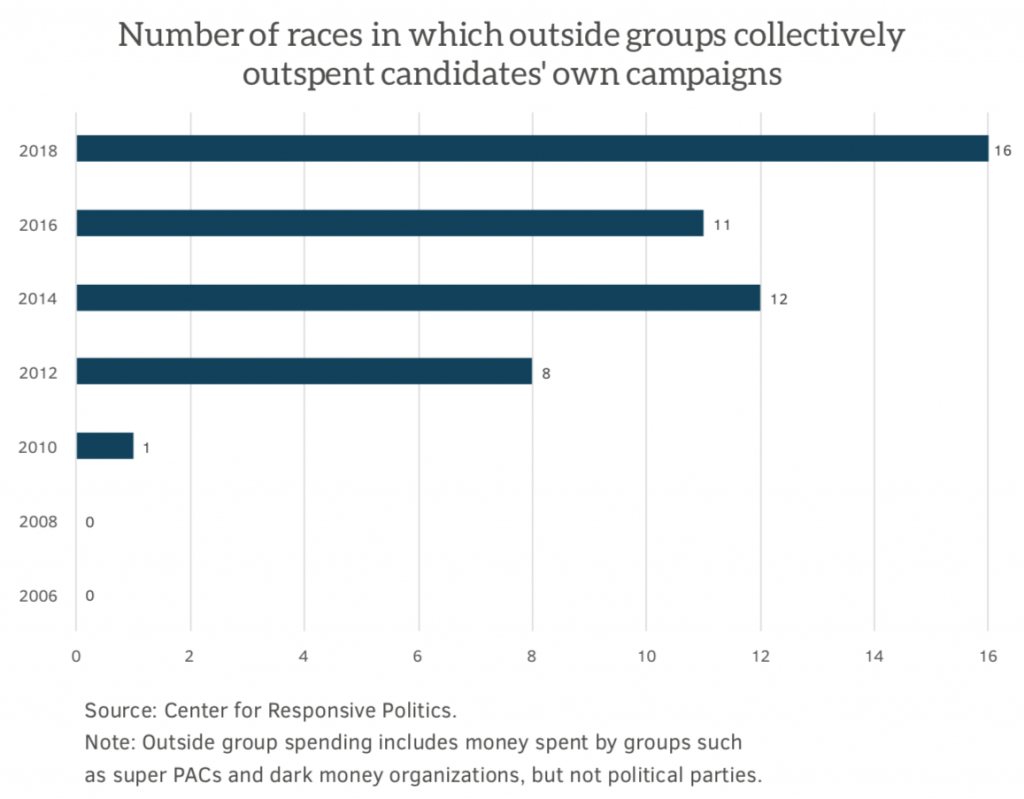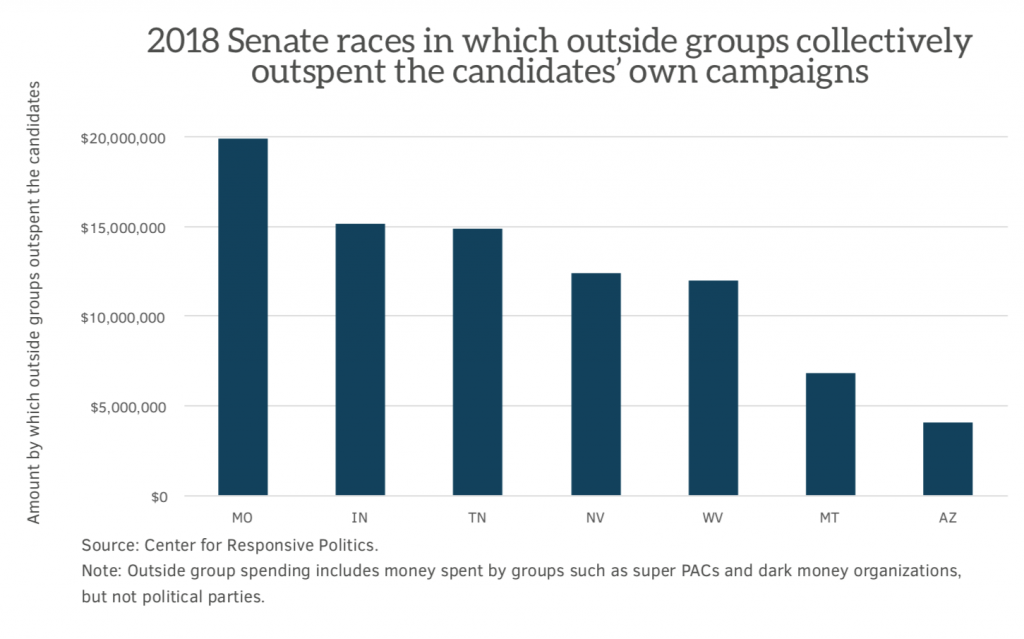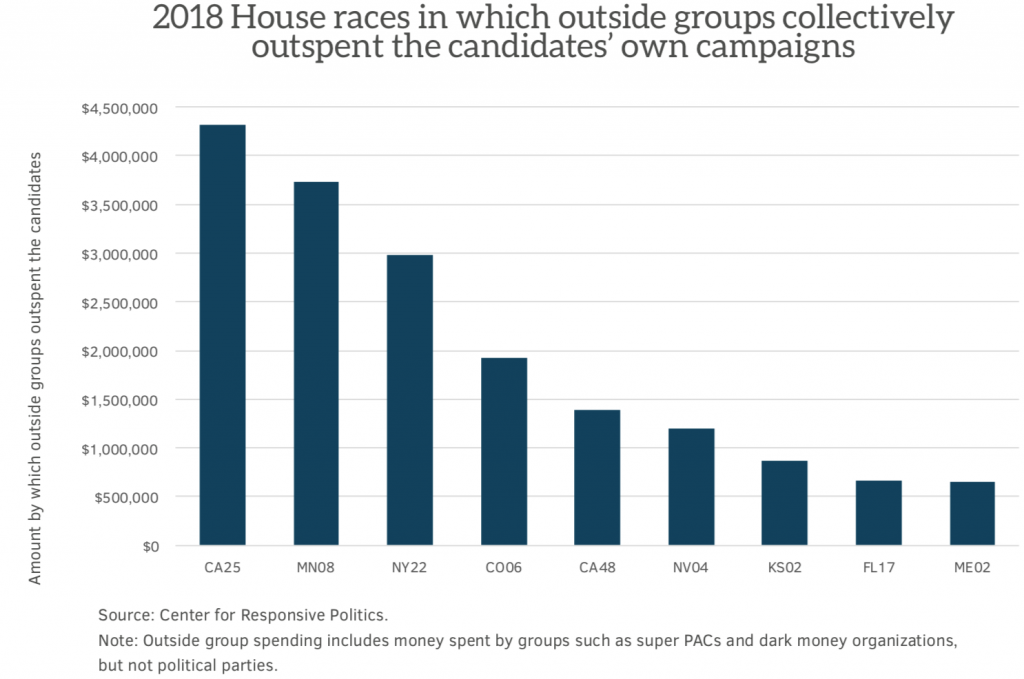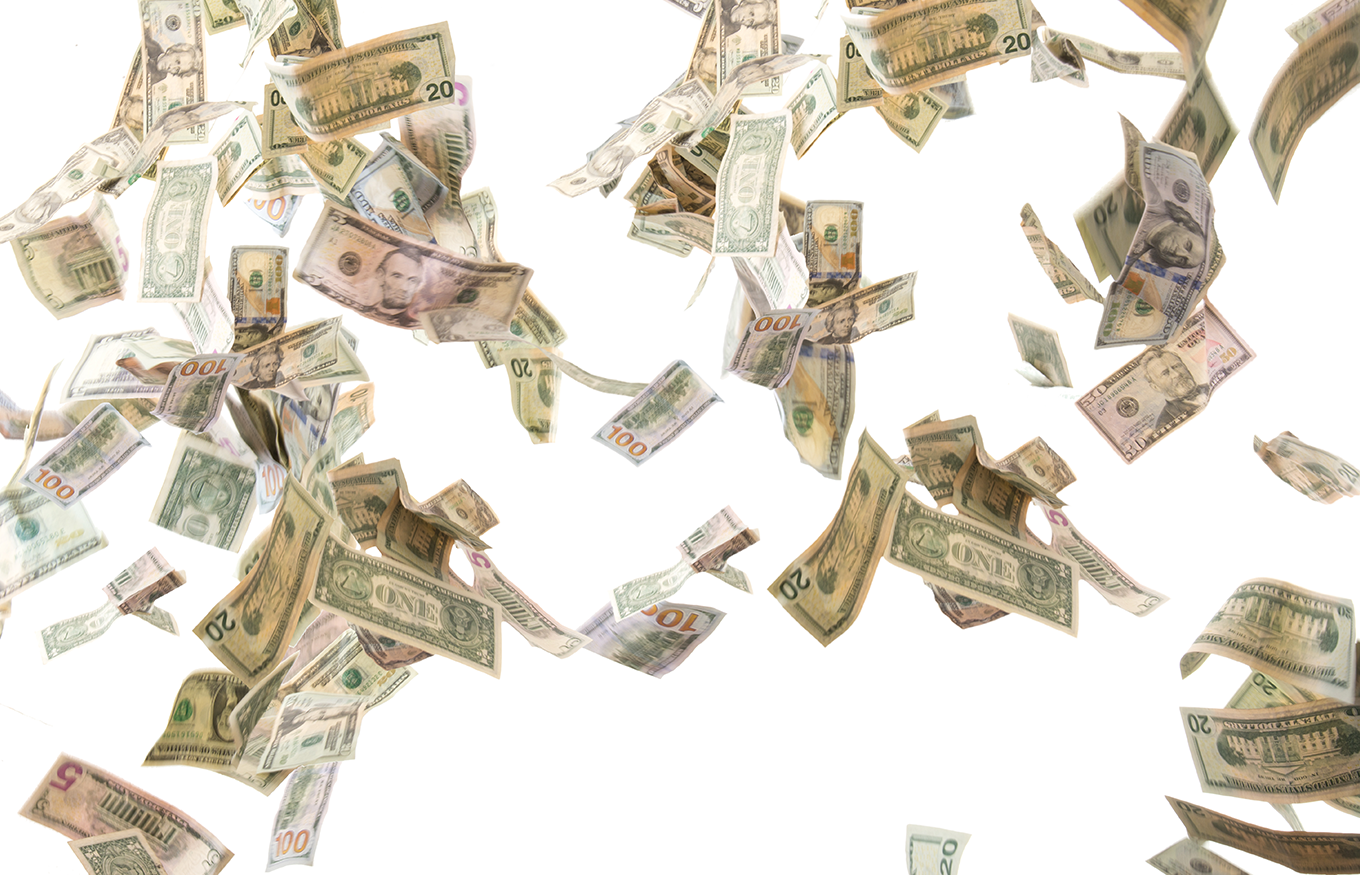
Analysis
Armies of Lobbyists Helped Big Tech Rack up Victories During First Year of Trump’s Second Term
President Donald Trump’s second term in the White House has been defined by its repeated intervention on behalf of dominant technology firms, from picking winners and losers to shielding the…







